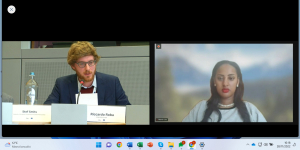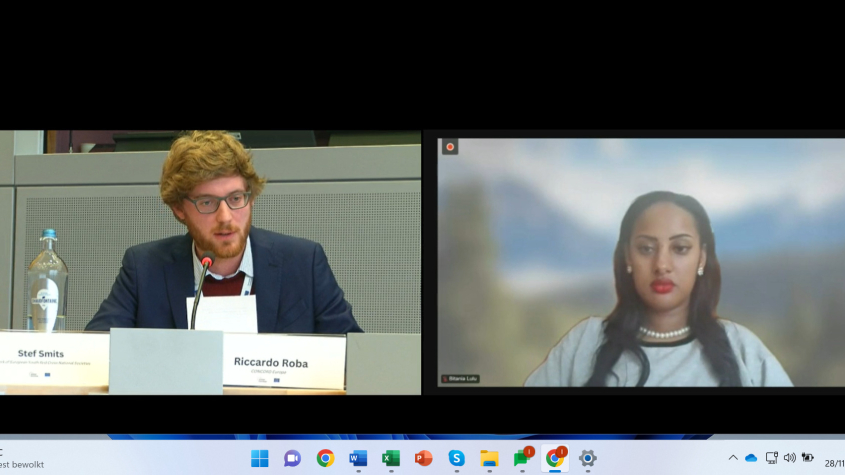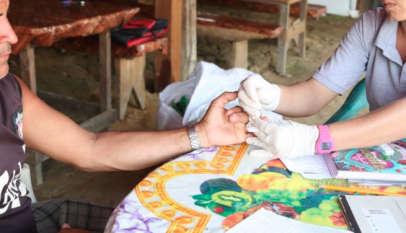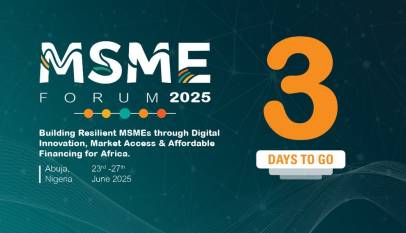Co-creating a mechanism for civil society engagement in the AU-EU Partnership
Although the AU and EU have committed to promoting civic space and human rights, the current trend of accelerated shrinking civic space proves that mere recognition of civil society and youth as actors in the partnership does not guarantee meaningful engagement.

Why this mechanism?
The African Union (AU)-European Union (EU) Summits are a key moment for Heads of State or governments to come together to discuss and set the main priorities of the AU-EU Partnership. Civil society engagement in this process is essential to ensure that the outcomes of the Summit have a real impact, not only on the future of the partnership but on peoples’ lives, and are legitimate.
Although the AU and EU have committed to putting, among other values, the promotion of civic space and human rights, including at the last AU-EU Summit (held in February 2022 in Brussels), the current trend of accelerated shrinking civic space proves that mere recognition of civil society and youth as actors in the partnership does not guarantee meaningful engagement.
Following the Summit, a group of civil society and youth organisations met with the European Commissioner for International Partnerships, Jutta Urpilainen, to begin co-creating a new and permanent joint dialogue mechanism within the partnership. The objective of this mechanism would be to foster the lacking but much-needed engagement of civil society and the youth in the Africa-EU Partnership. CSOs are not just the right-holders to this space, but also the best placed to provide practical solutions to local challenges.
“The decisions made within the AU-EU partnership through initiatives such as the Africa-EU Global Gateway Package should be shaped by local realities. There is no other actor that has the know-how to bring real and lasting solutions other than African and European civil society.” – Adam Alqali | Editor, African Newspage
Who is shaping the mechanism and how?
The main actors of the process are a group of approximately 25 self-appointed and volunteer African and European CSOs, youth and people’s organisations that previously participated in the Africa-Europe Week alongside many other organisations. Together, the group of volunteers have created a democratic and collaborative space where everyone contributes in equal terms, truly reflecting what a meaningful engagement with civil society in the AU-EU partnership is.
The organisations have developed a concept note that defines the main lines of the structure of the mechanism. To ensure cooperation, EU officials involved in the AU-EU Partnership also joined some of the meetings, which led to the organisation of the first-ever CSO side event at a AU-EU Commission to Commission meeting in November 2022.
In December 2022-January 2023, a bigger group of African and European CSOs ,youth and people’s organisations – familiar and abreast of the AU-EU Partnership – were able to provide further concrete comments on the proposed mechanism, making it stronger.
“This mechanism gives African and European civil society organisations, youth and people’s organisations a space to raise their voice. Without the meaningful engagement of civil society, the AU-EU partnership will be detached from people’s concerns and proposals.” –
Where do we go from here?
In the next steps – putting into practice our own principles of open and inclusive collaboration – the group will be reaching out to an even broader network of CSOs, youth and people’s organisations from Africa and Europe.
The fully-consolidated proposal for the mechanism will then be disseminated during concrete moments, such as the AU-EU Ministerial Meeting taking place in late Spring 2023, holding AU and EU decision-makers to account.
Benefiting from the AU’s and the EU’s recognition and support, the mechanism will take the shape of a space managed jointly and autonomously by African and European CSOs and people’s organisations. Together, these organisations will work according to the main principles of the mechanism, transparency, equal participation, accessibility and inclusion, and will ensure that its functioning is based on a set of best practices.
These include institutional culture shift; create or reinforce structured and systemic dialogue mechanisms; co-creation; and information sharing. Others are accessibility, inclusion and safety; autonomy to self-organise; and ensure transparency and accountability.
All in all, the mechanism will only be successful if existing political commitments are translated into a change in culture and attitudes for real engagement with people’s organisations, CSOs and young people, and for their recognition as fully-fledged partners.














